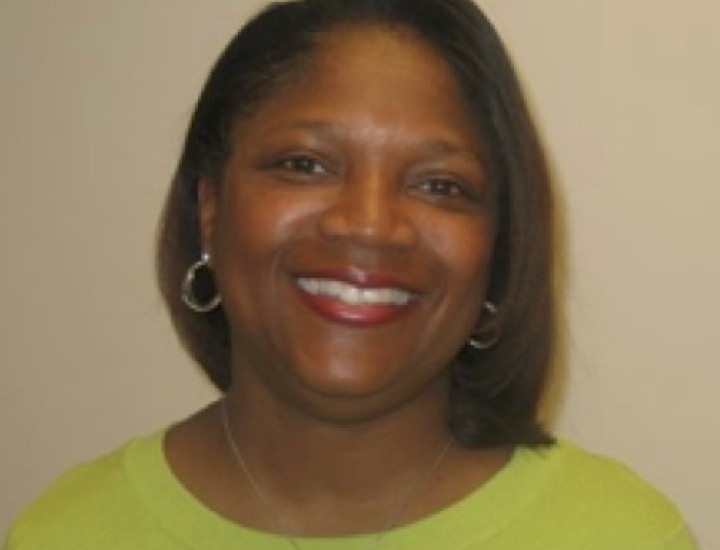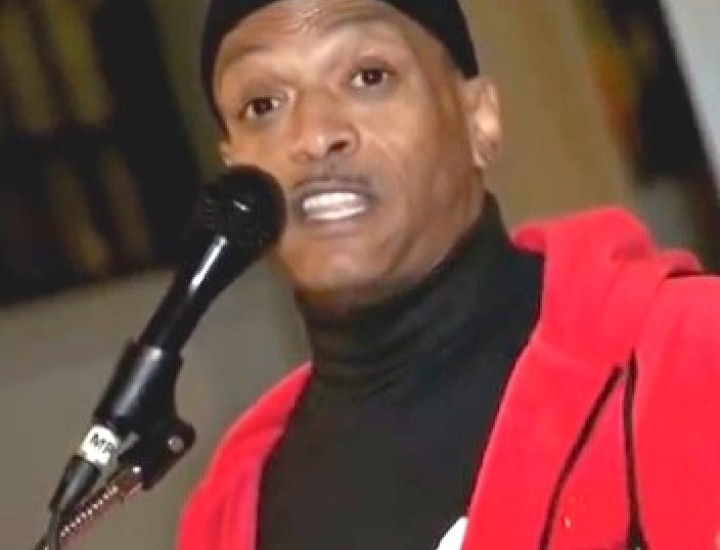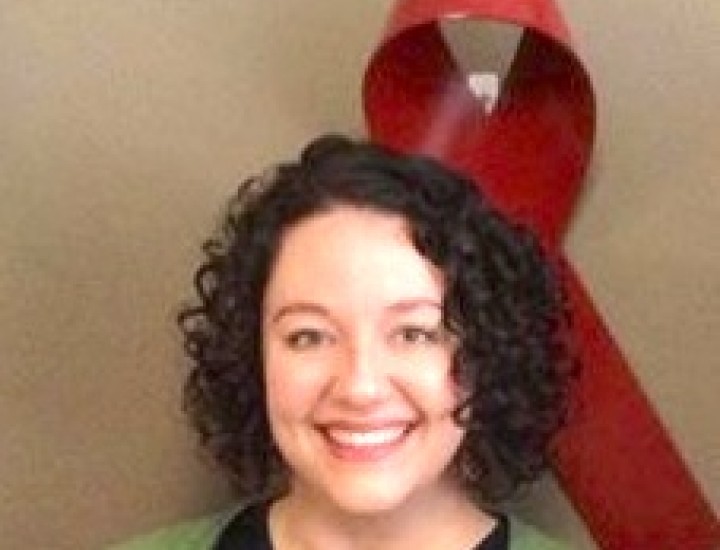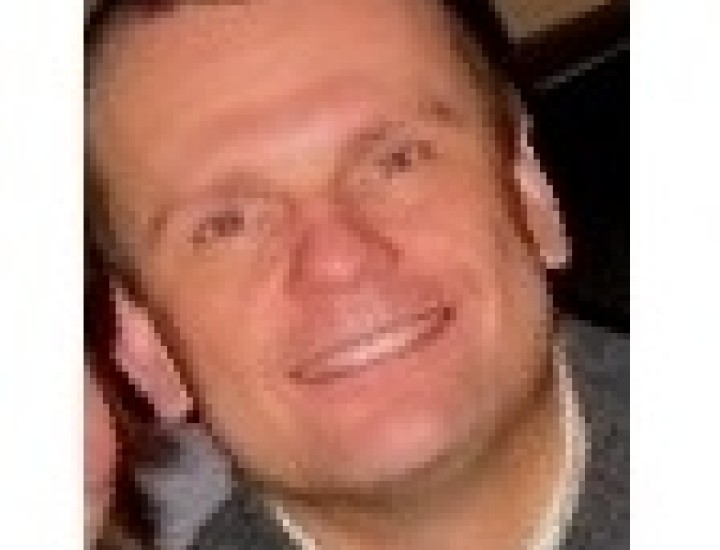Unsung Heroes: Melanie Williams, Social Worker, Elizabeth, NJ (2014)
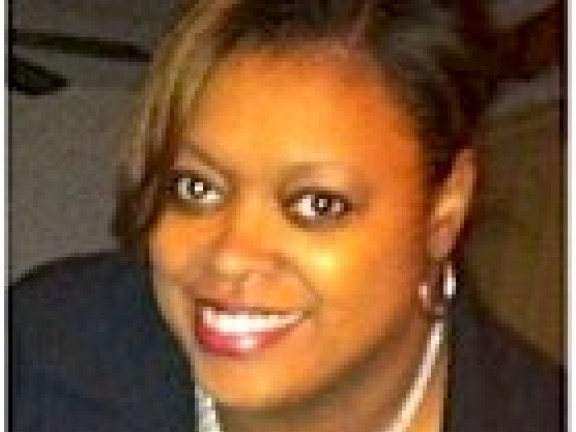
Melanie Williams is the Director of Clinical Services at Community Access Unlimited in Elizabeth, NJ. Earlier in her career she worked in the adoption unit of the New Jersey Division of Youth and Family Services, now called the New Jersey Division of Child Protection and Permanency (DCPP), where she was responsible for placing children in homes for adoption and foster care. She was interviewed by CHLP’s Andrea Sears.
Andrea Sears Early in your career with the adoption unit, did you feel comfortable placing children with lesbian and gay couples?
Melanie Williams Because of my religious background, I was taught that homosexuality was a sin. So when I went to work for in the adoption unit, I was required to place children in the homes of same-sex couples and I struggled. My supervisor told me I’d have to get over it. I remember placing a baby in a home with a woman who, after the adoption was finalized, she came into the office. All of our paperwork was complete so I said, “Did you need something else?” And she said, “I was coming for the daycare information and to add my partner.” I said, “Your partner in what?” and she said, “My partner. You know I didn’t want to tell you because I didn’t think you could handle it.”
That kind of made me think: what it is that I put out that made people think they couldn’t be honest with me. And I had to ask myself, “Would you have disrupted this placement because of your religious background?” So I think that was the first indication, in terms of work, that I struggled with this issue.
AS How did you come to grips with this? What helped you work through this?
MW I realized that it was a part of my job. I guess things just kind of evolved. After a while I met couples who really talked a lot about love, not about sexuality. And I think that is where we get things a little twisted because we’re stuck on sex and not people. I think I just began to evolve.
My father worked with a young man, he was 8 or 9 when my father first started working with him. The young man was gay and used to go to New York for sex work. And I remember spending time with this young man over the years. He became like a part of our family. And he taught me about love, you know, “I’m a person. Beyond everything else I’m a person. It’s still me.” And so he was a big catalyst for change for me.
But I think the real kicker was when I left the adoption unit. I was the director of the Youth Advocate Program of Essex and Union Counties and my staff struggled with working with kids who identified as LGBTQI. One of my staff told a kid that he was going to hell. At that point, I decided we needed to have somebody come and talk to my staff, to give them a safe space to talk about how they feel, why they feel this way, and to figure out what we needed to do so that they would be okay and wouldn’t hurt kids.
And that was, I think, the turning point for my staff. I had been working through it myself through the years, and I saw my staff struggling in the same way. I remembered my supervisor allowing me to come and sit in her office and talk to her so I made a safe space for people to be able to share their feelings, to talk about their discomfort, and then to figure out as a team, “how do we get past this?” And we did.
AS Who did you bring in to do sensitivity training with your staff?
MW I’m part of the Essex County Advisory Board that meets once a month and within that group there is a LGBTQI committee. This committee is made up of two staff people from DCPP. They were the ones who came in. I asked them if they would come in and talk to my staff and they did.
AS Are there other resources that are available to you that have helped you work with your staff and further your mission?
MW It was pretty much the feedback that I got from the staff. I think, at that point. I was really at a different place. I had really kind of gotten myself involved, broadened my mind in terms of coming out of this box and understanding that this is about love, not about people’s sexuality. I also went to a training a few years ago about sexuality as a whole and what was really interesting about it was they talked about sexual identification, and how only some people identify as heterosexual. It really was about identifying people by who they are, not by any other thing. Not by black or white, really just people being people. And I think that was a great eye-opener for me.
AS In terms of the work that you do as a social worker, as someone involved in placing children in adoptive homes and foster care, what is the benefit to the children and to the families that you work with when you and your staff are able to work outside that box?
MW The kids get the best service. We’re not placing kids with our own bias. We’re really identifying the best possible match for these kids so that they can have “forever families,” and so that they can have the love and the nurturing and be the best that they can be. I think removing those biases certainly gives them the opportunity to do that.
AS How about when you’re placing a gay or lesbian child? How do you broach that with a family? How do you make sure you’re not putting them in a position where the prejudice of the family they’re being placed with would come into play?
MW I’ve never placed a gay or lesbian child, but I have worked with the Youth Advocate Program and there I had mentors who were working with children who were in the system. And I had many children who came through our agency who were gay or lesbian. So going out to the families and talking to them about removing the biases so that again these kids could be the best that they could be. And as parents they have got to try and understand that at the end of the day, this is a child. And so you need to understand whether you can really work with this child and give them the best that you can, or if you’re going to damage them. Being honest enough to say, “I’m not comfortable,” and then letting them go so that you won’t further damage them.
AS Over the past several years there’s been a sea change in public attitudes towards same-sex marriage. Although there are still mountains of resistance to overcome has this changed attitudes among families, among staff? What kind of changes have you seen?
MW I think it’s definitely changed. People are more accepting. Again, I think people have removed the stereotypes and barriers. I think this generation is very different. They are more accepting and so they make older folks become much more accepting because they’re not living within traditional stereotypes. I think they come at it differently and we have to respond differently. People just want love.
AS How are you working to further this openness and acceptance? What do you do in working with your staff and with parents?
MW With staff, I make sure that we’re not being biased. I had a staff person say to me recently that she had two girls who were interested in coming into the housing complex at Community Access and she thought that the girls were lesbian. And she said, “So I want to ask them”. And I said: “Why? What’s the relevance?”
“Oh I just want to know.”
So I insisted: “But what’s the relevance? I really want you to process that. Think about what the relevance is and then let’s talk about it and see if that’s a question that you should pose.”
And so I think what I try to do is to give my staff food for thought. Let’s think about why you do the things you do. Let’s think about why you want to ask that question. Are you being nosey? What are you going to do with that information? What’s the relevance for our work?
AS What’s next for you? Where are you going from here?
MW I’m in the process of opening a shelter for women and children and kids aging out of foster care in Newark, NJ. I’ve been working on this project for the past 2 years, this is an 80-bed facility. I’m also working with another organization, Loving Care Homes, looking to provide homes for homeless youth, particularly working with LGBTQI youth, to provide a safe space. We are finishing up the last renovations of a house in Plainfield, NJ. We’ve gotten two grants from the state to renovate the house so now we are just preparing the program so that we can get started.
CHLP’s Unsung Heroes is a series of portraits included in The Fine Print blog of individuals who are contributing mightily, without fanfare, to keep our issues, needed agencies, and members of our communities alive.
